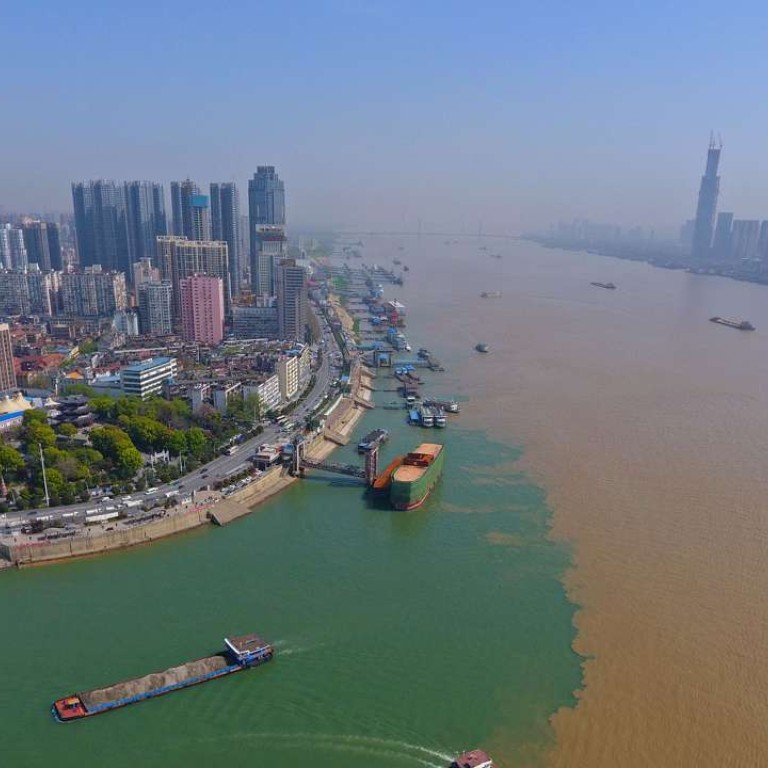
New | Strong private-sector investment likely to propel China’s economy
Private-sector investments may rebound to between 6 per cent and 10 per cent this year in China, JP Morgan’s chief economist says.
The growth of China’s private-sector investment is expected to climb up to 10 per cent in 2017 as rising producer prices help entrepreneurs shrug off gloomy sentiments about the country’s economic outlook.
Investment by privately owned businesses, after posting a lacklustre 3.2 per cent year-on-year growth in 2016, is set to rebound to 6 to 10 per cent this year, putting a positive spin on the world’s second-largest economy, according to JP Morgan chief China economist Zhu Haibin.
“Producer inflation helps lower the businesses’ real interest rate and improve their profitability,” he said. “An increasing private-sector investment is to act as a major stabilising force for the economy.”
Slowing investment by privately owned companies has been one of the primary concerns for the mainland’s leadership since it reflected weaker business morale, said Ma Guangyuan, a renowned independent economist.
Private-sector investment accounts for about 60 per cent of the country’s total fixed-asset investment.
In the first two months of this year, investment by privately businesses increased 6.7 per cent to 24.98 trillion yuan (US$3.62 trillion), the first time since March 2016 that the figure exceeded 6 per cent, according to the National Bureau of Statistics.
The mainland’s producer prices jumped 7.8 per cent in February, the fastest pace since 2008, beating economists’ expectations.
The growth of 7.8 per cent was in a stark contrast to a decline of 5.9 per cent in December 2015.
A poor reading of producer price index has been a main dragging force for weak investment in early 2016 as company owners anticipated a worsening business environment.
Real interest rate is the effective interest rate minus the inflation rate.
JP Morgan’s optimistic forecast on China’s private-sector investment came after Beijing took a concrete step toward a mixed-ownership reform, under which Beijing invites the injection of public funds into state firms in key industries such as oil and railway.
Last week, Unicom, the country’s second-largest wireless network operator, said it would implement the mixed-ownership reform, becoming the first state-controlled industrial juggernaut to introduce a powerful non-state-owned investor.
Anecdotal evidence showed that mainland China’s private entrepreneurs were actively seeking to allocate more assets abroad owing to a loss of confidence in the mainland economy where high labour and land costs largest ate into their profits.
“There are encouraging signs for the economy and investment, but the outlook is still not clear,” said Ding Ziting, owner of a seafood processing business in Guangdong. “It looks as if that the higher producer prices benefit only those upstream manufacturers.”
China’s major industrial firms reported profits of 1.02 trillion yuan in the January-to-February period on aggregate, up 31. 5 per cent from a year ago, the national statistics bureau said.
Zhu said that an expected slowing in auto sales and lower property investment growth would have a negative impact on the mainland economy in 2017.
JP Morgan predicted auto sales growth in the world’s largest vehicle market to slow to 5 per cent in 2017, from 16 per cent in 2016.
Property investment is expected to rise as much as 2 per cent this year, down from 7 per cent in 2016.
Zhu added that the mainland economy would expand 6.6 per cent, better than the government’s target of 6.5 per cent for 2017.

